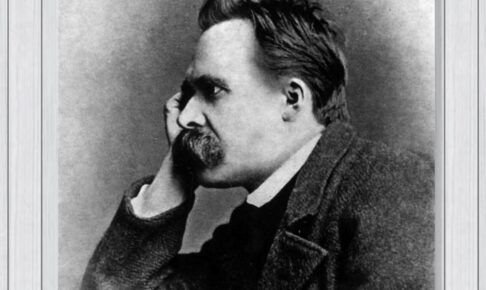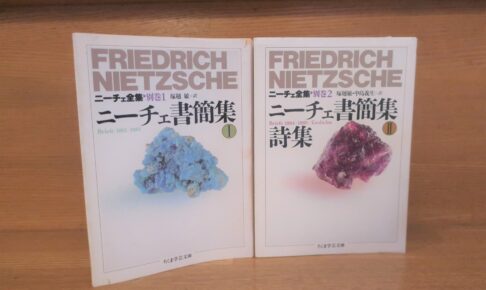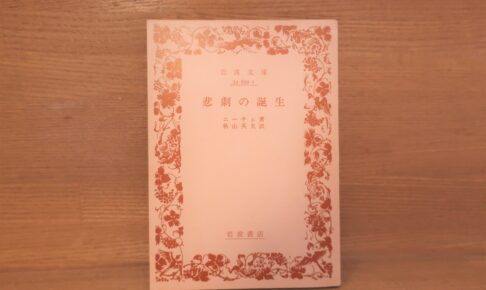Recommended 10 Nietzsche Commentaries - To learn about who Nietzsche is and his thought.
In this article I will recommend 10 commentaries on Nietzsche.
You may be surprised to see the books we are about to introduce, but they are certainly different from the books that are generally recommended by searching for "introduction to Nietzsche. You may think it is a bit difficult for those who are looking for an introductory book on Nietzsche, but as you will see when you actually read the books, they are all very detailed and easy-to-understand explanations.














































